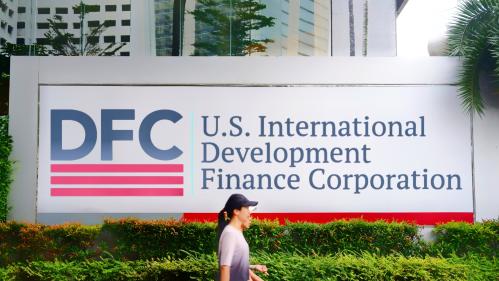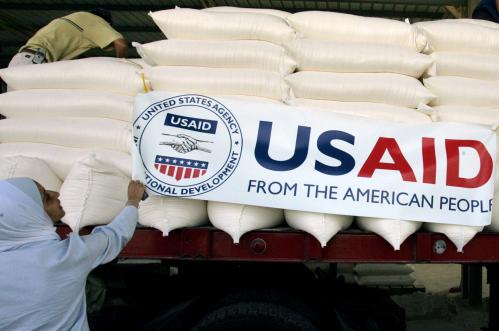Tomorrow, August 4 is the first anniversary of the inaugural U.S.-Africa Leaders Summit, in which President Obama hosted over 50 African heads of state to discuss trade and investment, security, and good governance, among other pressing issues. New initiatives and large commitments from both the U.S. and African public and private sectors were announced during the summit, including over $6 billion in new private sector commitments to the Power Africa program.
However, more than launching any specific new initiative, the Africa Leaders Summit was credited with changing the tone of U.S.-African relations. During an event at Brookings directly after the summit, President Uhuru Kenyatta of Kenya described this shift: “I think for the very first time, we’re trying to crystallize this partnership in a form not of dependence, not of Africa coming to your doorstep with our problems, with our demands, with our sorrows and our woes, but Africa coming to the table offering a hand of partnership, opportunity and new found hope.”
Last year, in anticipation of the U.S.-Africa Leaders Summit, Brookings scholars created a series of short briefs discussing efforts to strengthen ties between the United States and Africa ahead of the first continent-wide summit, including the critical agenda items of trade and commercial ties, Africa’s security, official development assistance, and foreign direct investment, among others. The summit was an opportunity to strengthen ties and explore new partnerships between the United States and one of the world’s most rapidly changing regions. Brookings scholars had a number of recommendations for leaders of all the participating countries, especially the United States, and one year later many remain extremely relevant.
To read the full set of briefs, see here »
Africa is still on the president’s mind: President Obama just returned from his visit to Kenya and Ethiopia—a visit that included a historic speech at the African Union headquarters. This trip followed close on the heels of meetings with the newly democratically elected Nigerian president, Muhammadu Buhari, leader of the largest economy and most populous country in Africa, just days before. The African Growth and Opportunity Act was also renewed one month ago. Despite these accomplishments, though, critics argue that the effects of the president’s programs—including Trade Africa, Power Africa, and many others—have not yet reached their full potential and considerable work remains to be done. In fact, over the past eight years, the progress of many U.S.-backed economic development goals in Africa remains mixed.
Now, with all eyes turning towards Africa once again, the real challenge for the Obama administration will be to maintain the momentum it sparked one year ago.



Commentary
Reflecting on the first anniversary of the U.S.-Africa Leaders Summit
August 3, 2015